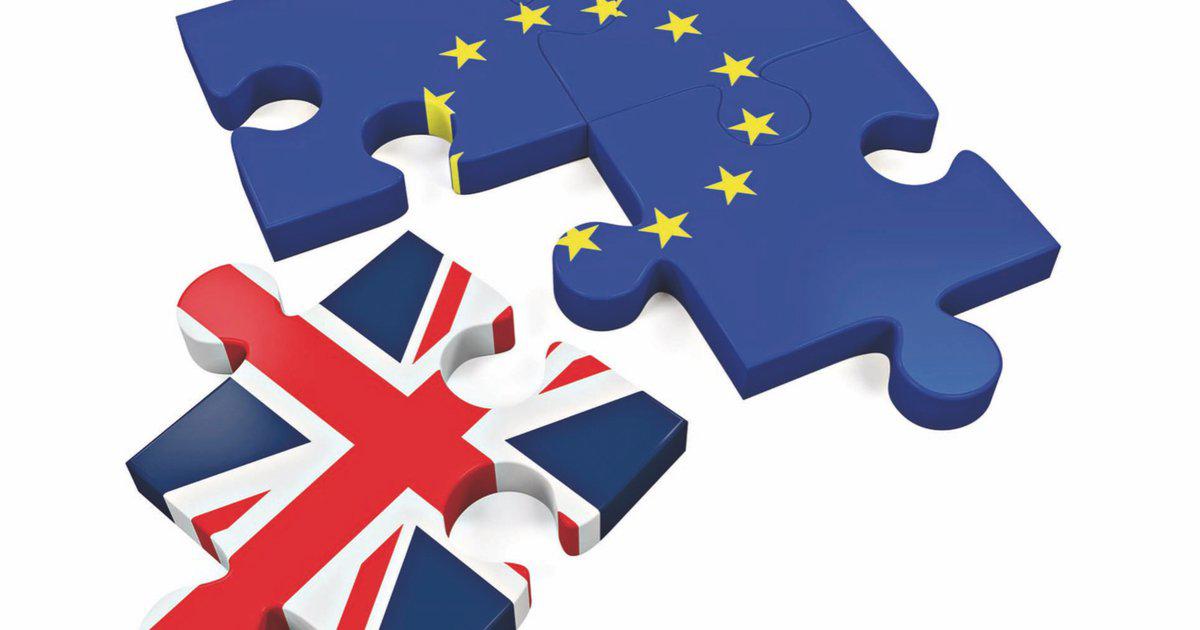
Johnson won an historic election victory on the 12 December, his gamble to hold a snap poll rewarding him with a majority of 80 - the biggest for a Conservative prime minister since Margaret Thatcher’s 1987 election victory. Parliament was subsequently dissolved on 6 November, with the battle for No. On 28 October, with no-deal taken off the table, Labour backed a Government bill enabling a general election. Nevertheless, Parliament rejected his fast-track timetable to sign it off in time for the Halloween deadline and so Johnson pushed for a pre-Christmas general election. Johnson suffered multiple defeats in the Commons, but the first vote on his Withdrawal Agreement Bill passed by 329 to 299. The government then lost its working majority after MP Phillip Lee defected to the Lib Dems and 21 Tory MPs had their whips withdrawn for defying party orders and backing a bid to block no-deal Brexit. The Supreme Court ruled that it was unlawful. Critics saw this as a move to limit the power of MPs to shape the Brexit process, while Johnson argued that it was necessary to allow a fresh legislative agenda. He installed Brexiteers in the Cabinet and controversially prorogued Parliament. Johnson campaigned on the promise to leave the EU on 31 October and, once in Downing Street, continued to insist that he would rather “die in a ditch” than delay Brexit again. The subsequent leadership election saw former foreign secretary Johnson storm to victory to become the new PM ahead of high-profile Tory candidates including Gove, Sajid Javid and Jeremy Hunt. In an emotional statement, she said that she had “done her best” to deliver Brexit and that it was a matter of “deep regret” that she had not succeeded. On, she officially announced her resignation as prime minister. In the end, the failure of May’s withdrawal agreement - along with throwing away the Tories’ majority in an ill-judged snap election in June 2017 - was her undoing. Remainers complained that it would introduce too much economic risk with too little reward.” “Brexiteers said it would keep Britain forever shackled to the EU, in vassalage, as Johnson put it. The opposition Labour Party opposed it,” says the US newspaper. Two further votes on the same agreement in March also saw May suffer heavy defeats. On 15 January 2019, Parliament overwhelmingly rejected the 585-page treaty by a record margin of 432 votes to 202. It dominated May’s headlines, debates, diplomacy, agenda.”Īfter officially invoking the EU’s Article 50 in March 2017, May spent more than a year negotiating with her European counterparts for a withdrawal agreement, with a deal finally reached in late 2018. Or as The Washington Post puts it: “Brexit consumed all. The pros and cons of leaving the EU customs union What came next has gone down as one of the most tumultuous premierships in modern history, with May’s almost three years in power overshadowed by a single issue. What happened under Theresa May?įollowing Cameron’s resignation, a dramatic Conservative leadership battle saw Michael Gove and Boris Johnson destroy each others’ campaigns, paving the way for former home secretary Theresa May to claim the top job. Cameron announced his resignation the following day. However, the Leave campaign won by 51.9% to 48.1%, a gap of 1.3 million votes. Even as the count was underway, UKIP’s Nigel Farage said it looked as if “Remain will edge it”.

Several members of his own cabinet campaigned to leave.ĭespite contradictory polling in the run-up to the vote, on 23 June most commentators expected the UK to stay in the EU.

Having called the vote, Cameron vowed to campaign with his “heart and soul” to keep Britain in the bloc.
#IM PRO BREXIT FREE#
Most political commentators agree that given a free hand, he would not have wanted to hold a referendum.

In 2015, the Conservative general election victory activated a manifesto pledge to hold an in-out referendum on the UK’s membership of the EU.ĭavid Cameron had made the promise at a time when he was under pressure from Eurosceptic backbenchers and when the Tories were losing votes to UKIP. Now, however, years after the vote and deep into the departure process, argument continues about the pros and cons of quitting the EU - and what Brexit will mean for the UK. Or so it seemed when just under 52% of voters opted for Brexit. On 23 June 2016, the British people settled a question that had rumbled under the surface of UK politics for a generation: should the country remain within the European Union - or leave, ending its 40-year membership to go it alone?


 0 kommentar(er)
0 kommentar(er)
